Never forget who you are
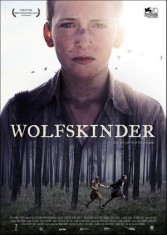 World War II has come to an end, but for thousands of orphaned kids, the nightmare didn’t end. German kids stuck in Lithuania had just one goal – to survive. Rick Ostermann’s 2013 film Wolf Children (original title: Wolfskinder) tells the story of two such kids: 14-year-old Hans (Levin Liam) and his younger brother Fritzchen (Patrick Lorenczat).
World War II has come to an end, but for thousands of orphaned kids, the nightmare didn’t end. German kids stuck in Lithuania had just one goal – to survive. Rick Ostermann’s 2013 film Wolf Children (original title: Wolfskinder) tells the story of two such kids: 14-year-old Hans (Levin Liam) and his younger brother Fritzchen (Patrick Lorenczat).
The final wish of their dying mother sends the boys on a harsh journey through a foreign land in the hope of reaching a settlement of farmers who offer help and shelter to German children. Under the constant threat of soldiers from the Red Army, the brothers battle hunger and exhaustion hoping to stay together and follow the instructions of their deceased mother.
As hard as he tries, Hans fails to protect his younger brother and the boys are forced to separate after a lethal encounter with soldiers. Not knowing if Fritzchen is alive or dead, Hans decides to keep moving on to the refugee camp, praying that his brother is still alive and they can be reunited there. He meets other children whose fates are as equally tragic as his own on his journey.
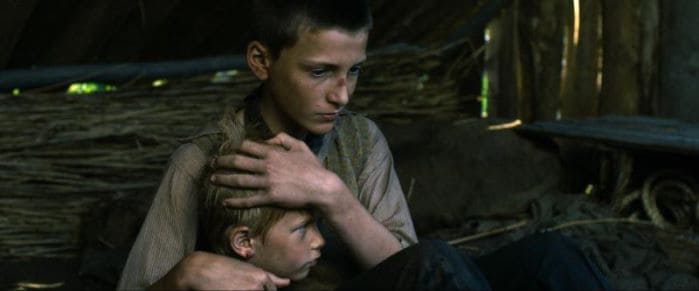
Rick Ostermann has succeeded in creating a film that grasps a hold of the viewer’s emotions and attention and doesn’t them go until the final credits roll and even after that. That is achieved by a unique mixture of visual storytelling – emphasizing the young protagonists’ facial expressions and overall first-class cinematography.
Shooting on location displays the beauty of nature while turning the desolate forests and meadows into yet another character of the film. By artistically juxtaposing the tiny silhouettes of the wandering kids and the vast landscapes – the cinematographer accentuated the characters’ vulnerability.

The camera allowed for natural glares and light imperfection that further boosted the credibility of the picture. Hand-held camera techniques are only sparingly used, which achieved the goal of conveying a first-person take on the events without being an annoyance. The soundtrack doesn’t call attention to itself, but it effectively makes the already intense scenes even more powerful.
Some of the events in the film may shock viewers, others will leave them in tears, but undoubtedly they will get involved with the fates of Hans, his brother, and the other children throughout the movie.

Although Wolf Children focuses on the aftermath of the war, it’s as heart-wrenching to watch as Elem Klimov’s 1985 masterpiece Come and See (Idi i smotri). The constant peril in which the young protagonists live obliges them to make choices, with more than just their innocence at stake. It doesn’t matter if we witness the trauma in the eyes of a Russian or a German kid – and the fact that the two films feature stories with distinct nationalities that opposed each other in the war only proves that, in war, there are no winners.
I am genuinely impressed with the film’s quality and don’t hesitate to recommend the movie to every fan of the Coming-of-Age genre. Despite the disturbing nature of some scenes, the film is a must-see, and audiences of all ages will appreciate the story – brought to life by great actors and first-class filmmaking.
Trailer ( in German )
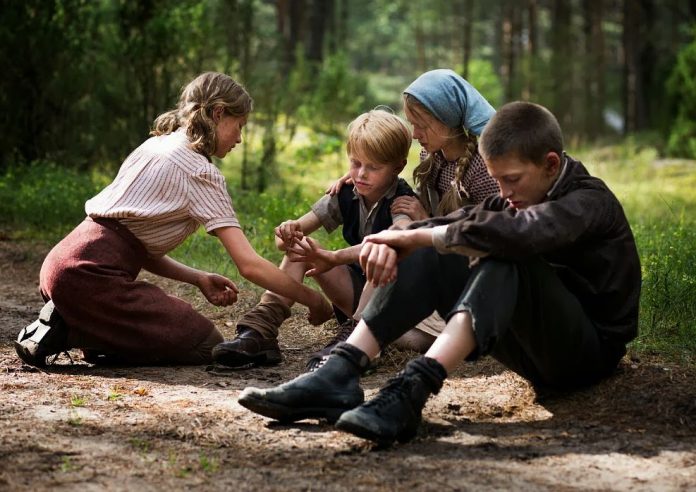

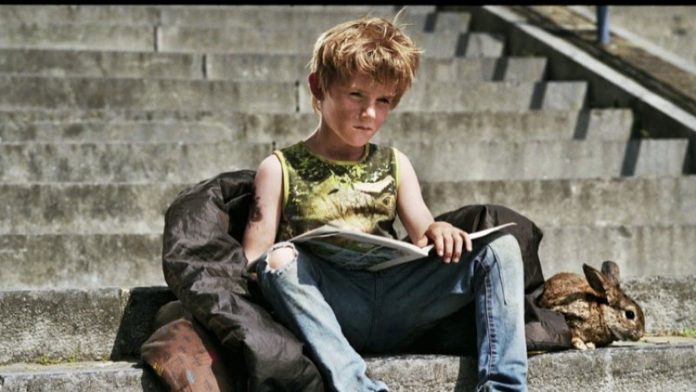
 Dutch filmmakers are known for addressing life matters in an original and poignant way. A prime example is the 2014 children’s film Life According to Nino, directed by Simone van Dusseldorp.
Dutch filmmakers are known for addressing life matters in an original and poignant way. A prime example is the 2014 children’s film Life According to Nino, directed by Simone van Dusseldorp. 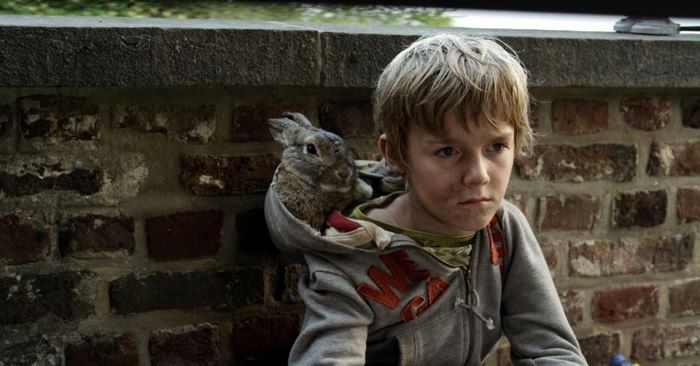
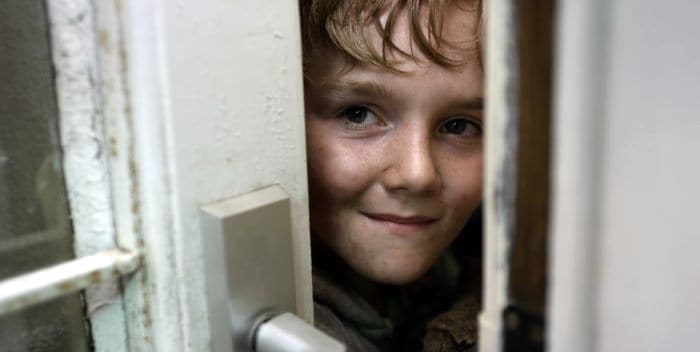
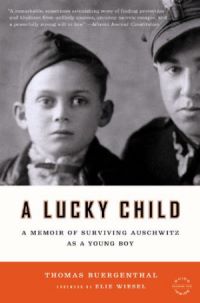

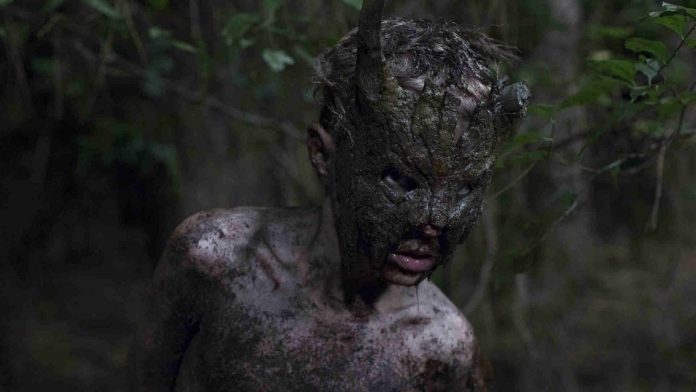
 Coming-of-Age horror flicks are not very common, and “Slashers” even less so. That’s why the 2014 Belgium film Cub (original title: Welp), written and directed by Jonas Govaerts, is quite the discovery.
Coming-of-Age horror flicks are not very common, and “Slashers” even less so. That’s why the 2014 Belgium film Cub (original title: Welp), written and directed by Jonas Govaerts, is quite the discovery.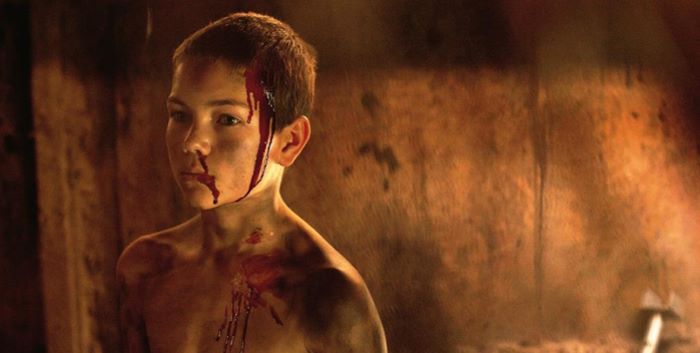
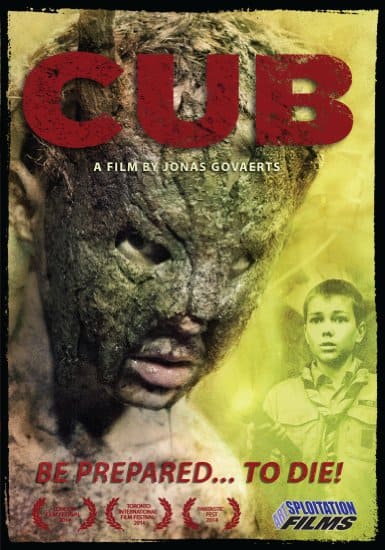
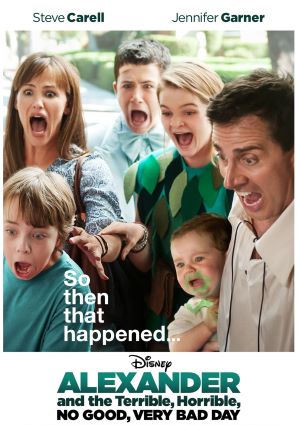
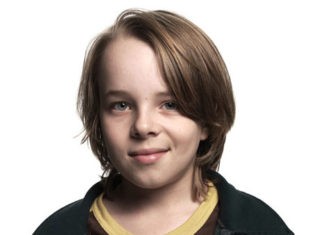
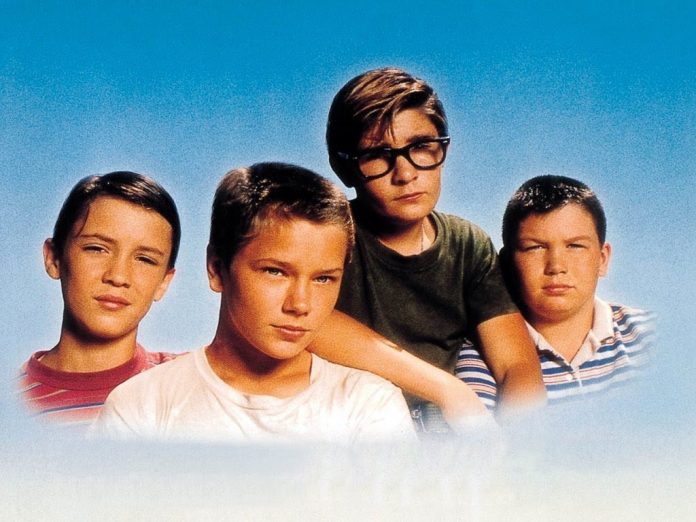
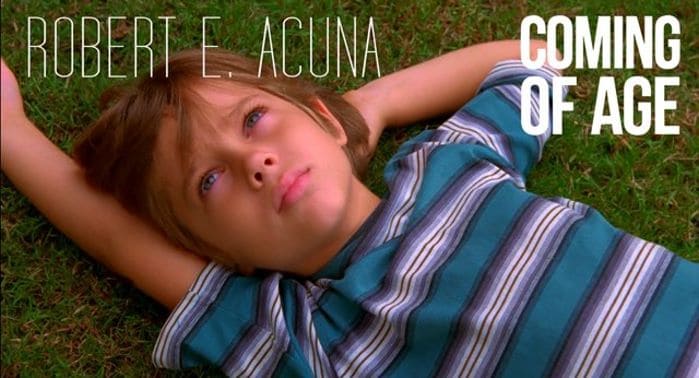
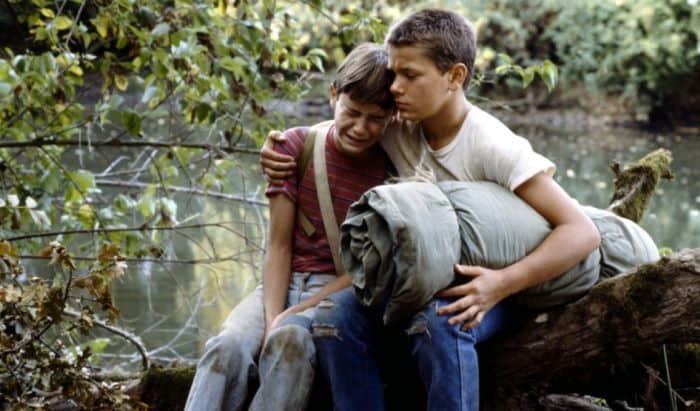
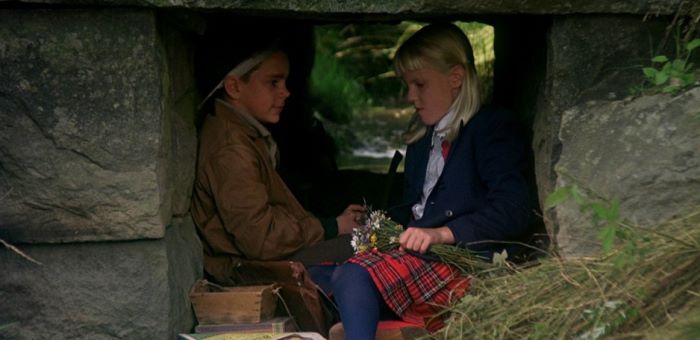
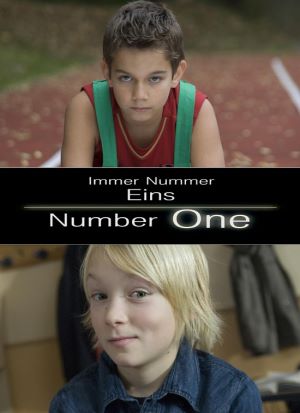 A competitive spirit is important – but in life, one may often find higher value in compassion. That’s the main theme of the 2009 film Always Number One (original title: Immer Nummer Eins). Directed by Stefan Schneider, the made-for-TV short film tells the story of the encounter of Florian (Miguel Jachmann) and Daniel (Tim Scholtes ) — two pupils at a German boarding school.
A competitive spirit is important – but in life, one may often find higher value in compassion. That’s the main theme of the 2009 film Always Number One (original title: Immer Nummer Eins). Directed by Stefan Schneider, the made-for-TV short film tells the story of the encounter of Florian (Miguel Jachmann) and Daniel (Tim Scholtes ) — two pupils at a German boarding school.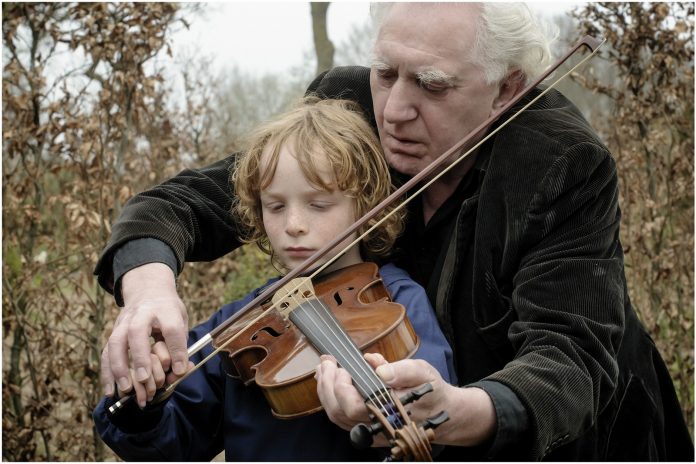
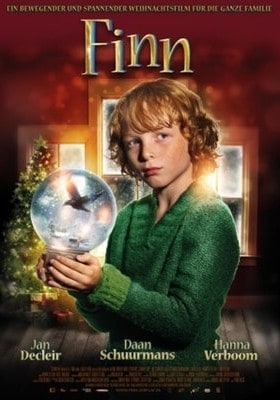 Self-expression has always been one of the main themes addressed in Dutch movies. It is also one of the main motifs addressed in Finn (2013). Like the winner of the Young Audience Award,
Self-expression has always been one of the main themes addressed in Dutch movies. It is also one of the main motifs addressed in Finn (2013). Like the winner of the Young Audience Award, 
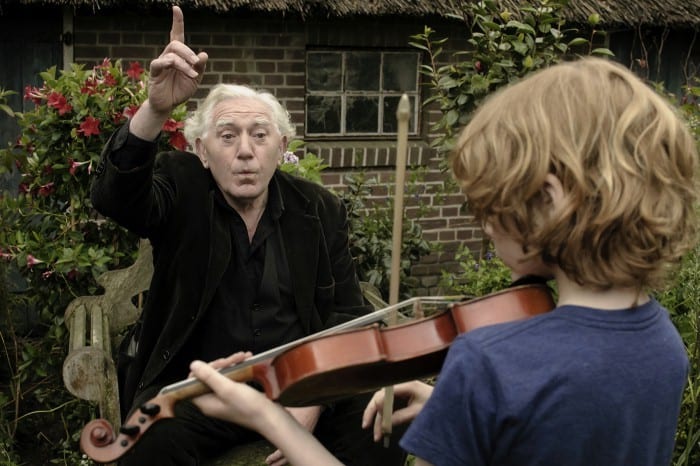
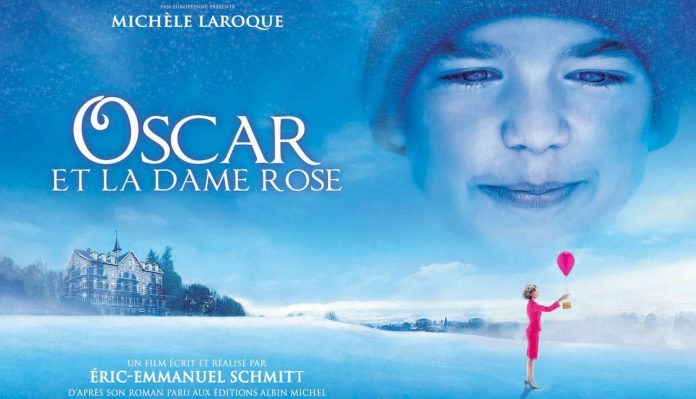
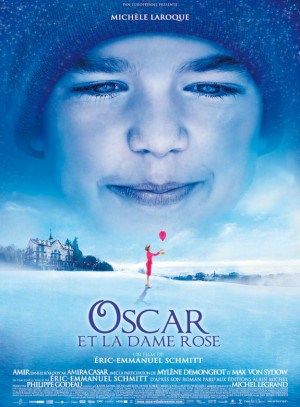 Oscar (Amir Ben Abdelmoumen) is only ten years old and he is in the hospital with one of the most vile diagnoses – Cancer. Everyone is preoccupied with him; all the doctors and nurses are willing to go an extra mile, just so his wishes are granted and mischiefs forgiven. Yet, they are committing the biggest mistake, at least in Oscar’s eyes, by refusing to be honest with him. This saddens the little boy, as no one laughs at his jokes or gets annoyed at his pranks – his condition makes the entire hospital staff treat him differently than the other patients. He is angry with his parents too, for changing, for not being the persons he knew:
Oscar (Amir Ben Abdelmoumen) is only ten years old and he is in the hospital with one of the most vile diagnoses – Cancer. Everyone is preoccupied with him; all the doctors and nurses are willing to go an extra mile, just so his wishes are granted and mischiefs forgiven. Yet, they are committing the biggest mistake, at least in Oscar’s eyes, by refusing to be honest with him. This saddens the little boy, as no one laughs at his jokes or gets annoyed at his pranks – his condition makes the entire hospital staff treat him differently than the other patients. He is angry with his parents too, for changing, for not being the persons he knew: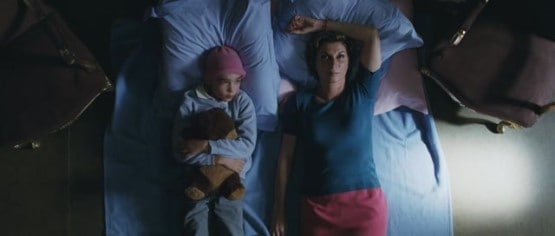
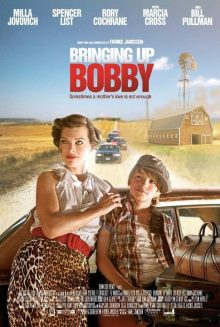
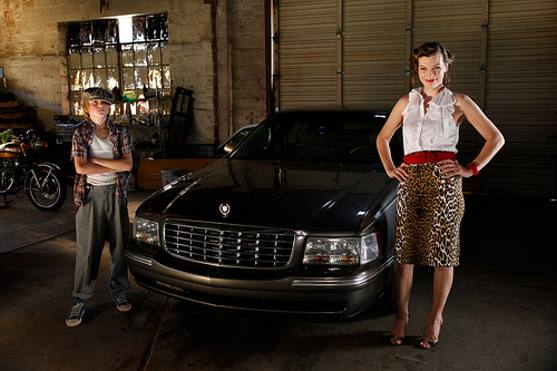 Spencer List as Bobby and Milla Jovovich as Olive in Bringing Up Bobby
Spencer List as Bobby and Milla Jovovich as Olive in Bringing Up Bobby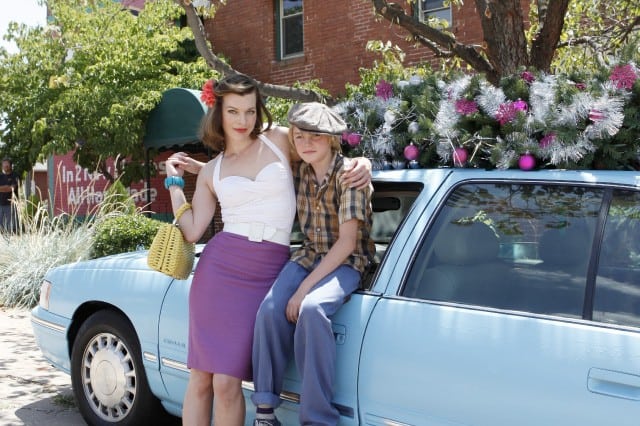

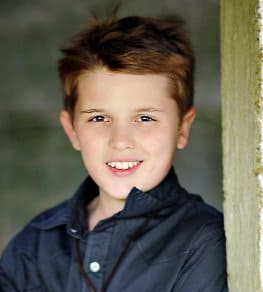

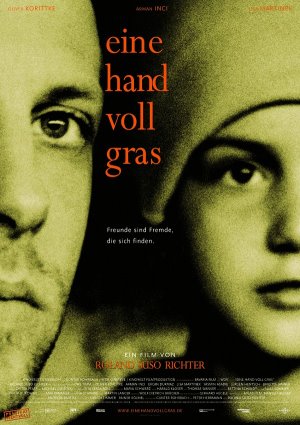
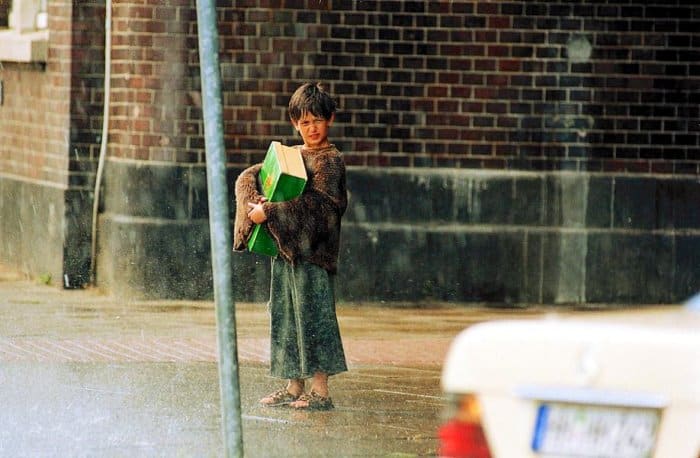
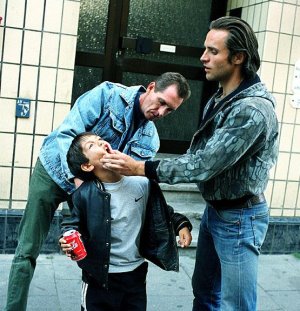 The film doesn’t spare its viewers the nastiness of the underground criminal world of Hamburg as perceived through the eyes of a little Kurdish boy, or the helpless situation the boy finds himself in due to the inefficiency of government institutions. It’s impossible to remain indifferent to the fate of little Kendal thanks to the skillful portrayal of his character by young Arman Inci. The facial expressions of the young actor – from awe, to sadness, to fear — reflect his inner world and contribute significantly to the emotional effect of the story. As in many a Coming-of-Age tale about innocence lost, one is prepared for the possible developments, yet is still likely to find himself/herself moved nonetheless. I know I was.
The film doesn’t spare its viewers the nastiness of the underground criminal world of Hamburg as perceived through the eyes of a little Kurdish boy, or the helpless situation the boy finds himself in due to the inefficiency of government institutions. It’s impossible to remain indifferent to the fate of little Kendal thanks to the skillful portrayal of his character by young Arman Inci. The facial expressions of the young actor – from awe, to sadness, to fear — reflect his inner world and contribute significantly to the emotional effect of the story. As in many a Coming-of-Age tale about innocence lost, one is prepared for the possible developments, yet is still likely to find himself/herself moved nonetheless. I know I was.